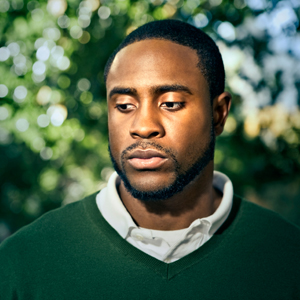
There is no right way of coping with death. The way a person grieves depends on the personality of that person and the relationship with the person who has died.
The terms grief, bereavement, and mourning are often used in place of each other, but they have different meanings.
What is grief?
It is the normal process of reacting to the loss. Grief reactions may be felt in response to physical losses (for example, a death) or in response to symbolic or social losses (for example, divorce or loss of a job).
Each type of loss means the person has had something taken away. As a family goes through a cancer illness, many losses are experienced, and each triggers its own grief reaction. Grief may be experienced as a mental, physical, social, or emotional reaction. Mental reactions can include anger, guilt, anxiety, sadness, and despair. Physical reactions can include sleeping problems, changes in appetite, physical problems, or illness. Social reactions can include feelings about taking care of others in the family, seeing family or friends, or returning to work. As with bereavement, grief processes depend on the relationship with the person who died, the situation surrounding the death, and the person’s attachment to the person who died. Grief may be described as the presence of physical problems, constant thoughts of the person who died, guilt, hostility, and a change in the way one normally acts.What is bereavement?
This is the period after a loss during which grief is experienced and mourning occurs.
What is mourning?
Mourning is the process by which people adapt to a loss. Mourning is also influenced by cultural customs, rituals, and society’s rules for coping with loss.
What is grief work?
Grief work includes the processes that a mourner needs to complete before resuming daily life.
These processes include separating from the person who died, readjusting to a world without him or her, and forming new relationships.
The mourner’s roles, identity, and skills may need to change to readjust to living in a world without the person who died. The mourner must give other people or activities the emotional energy that was once given to the person who died in order to redirect emotional energy. People who are grieving often feel extremely tired because the process of grieving usually requires physical and emotional energy.
The grief they are feeling is not just for the person who died, but also for the unfulfilled wishes and plans for the relationship with the person. Death often reminds people of past losses or separations.Phases of mourning
- Shock and numbness.
- The urge to bring back the person who died.
- Disorganisation and sadness.
- Reorganisation.
(Source: National Cancer Institute)




 Publications
Publications
 Partners
Partners











